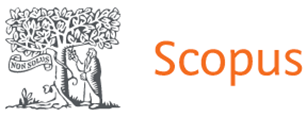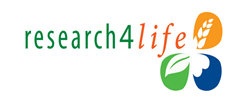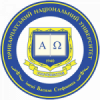FEATURES OF PROJECTING THE HIGHER EDUCATIONAL ENVIRONMENT IN THE CONTEXT OF TRAINING TEACHERS TO THE ORGANIZATION OF DIALOGUE EDUCATION OF PRIMARY SCHOOL PUPILS
DOI:
https://doi.org/10.15330/jpnu.6.1.67-75Keywords:
dialogue training, professional readiness of the future teacher, primary school pupils, model of professional training, methodological approaches, dialogue educational environment of elementary schoolAbstract
The article substantiates the urgency of the problem of professional training of future teachers to organize the dialogue training of primary school students in the context of integration into the European educational space and the conceptual foundations of the New Ukrainian school. The main methodological foundations of the study are defined: philosophical and pedagogical anthropology, philosophical and pedagogical hermeneutics and philosophical and pedagogical synergetics. The author substantiates the essence of the educational dialogue and its advantages, in contrast to the traditional teaching methods at primary school. The contents of dialogue communication and its components are determined. The principles of organization of dialogue training for junior pupils are described. The indicative model of forming the readiness of the future teacher of elementary school for the dialogue education is presented, in which the main components of this readiness (motivational, cognitive, socially-communicative and operational-technological) are singled out. It is emphasized that the effectiveness of projecting the educational environment for the implementation of the idea of dialogue education for junior pupils depends to a large extent on the level of the teacher's communicative culture and the components of this culture (communicative settings, knowledge, communicative skills, etc.) are described.











